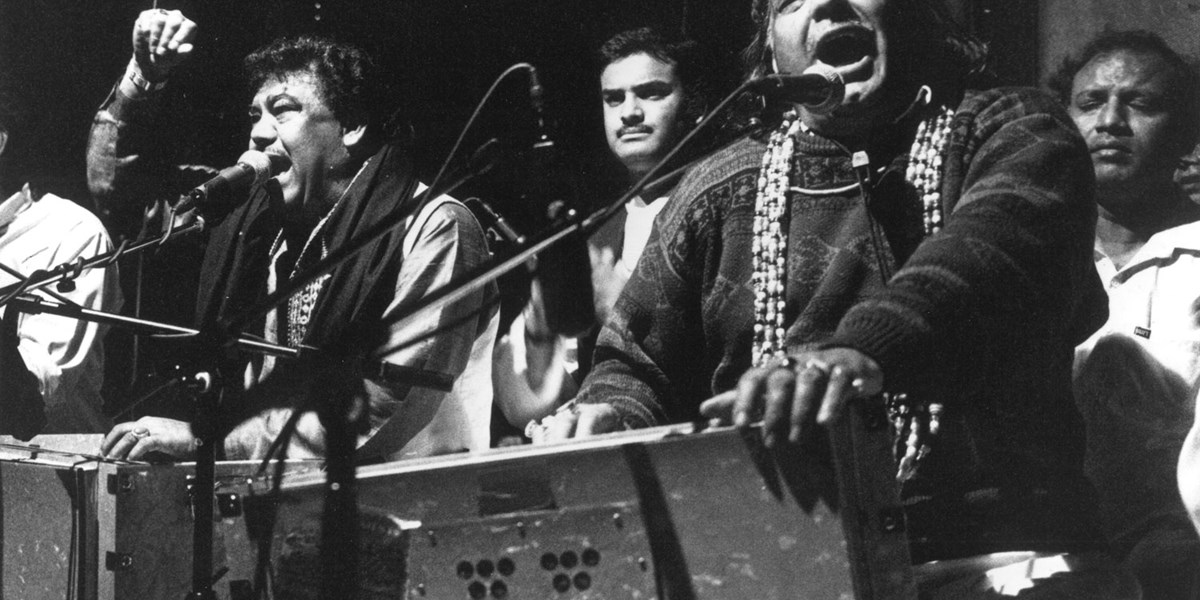Thursday, April 4, 2024
The Sabri Brothers: A Beginner's Guide
Jameela Siddiqi celebrates the legacy of the first qawwali group to find fame and send devotees into spiritual ecstasy around the world

L-R: Maqbool Ahmed Sabri, Amjad Sabri and Ghulam Farid Sabri (Courtesy of Piranha Records)

Register now to continue reading

Thanks for visiting the Songlines website, your guide to an extraordinary world of music and culture. Sign up for a free account now to enjoy:
- Free access to 2 subscriber-only articles and album reviews every month
- Unlimited access to our news and awards pages
- Our regular email newsletters

